Gallery
Photos from events, contest for the best costume, videos from master classes.
 | 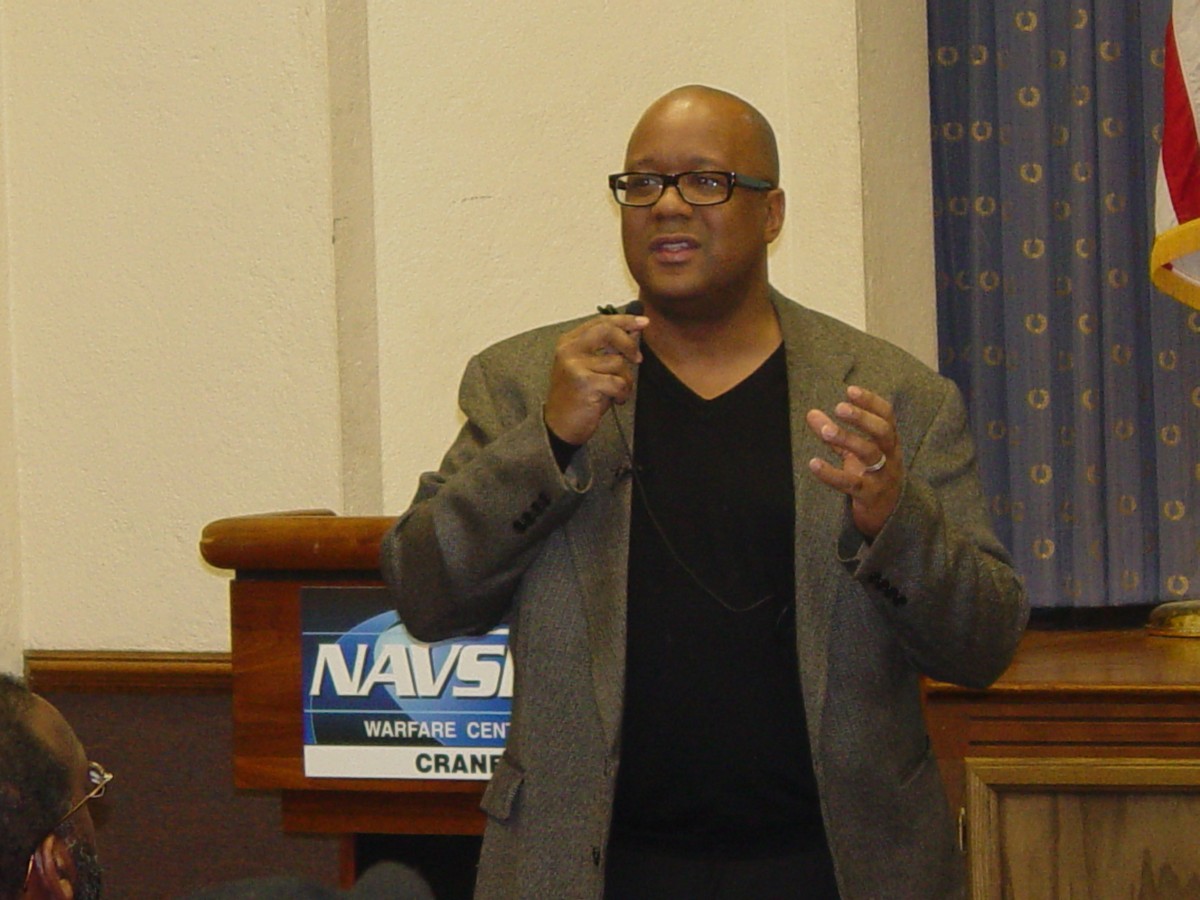 |
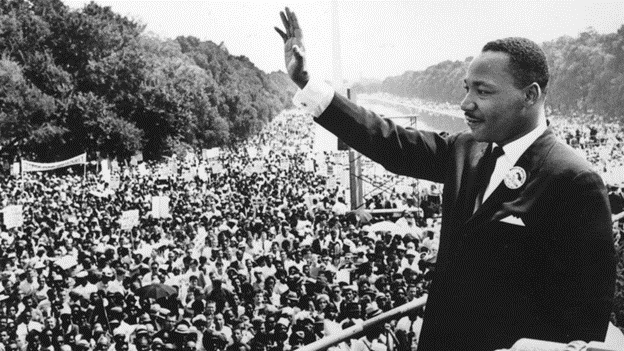 | 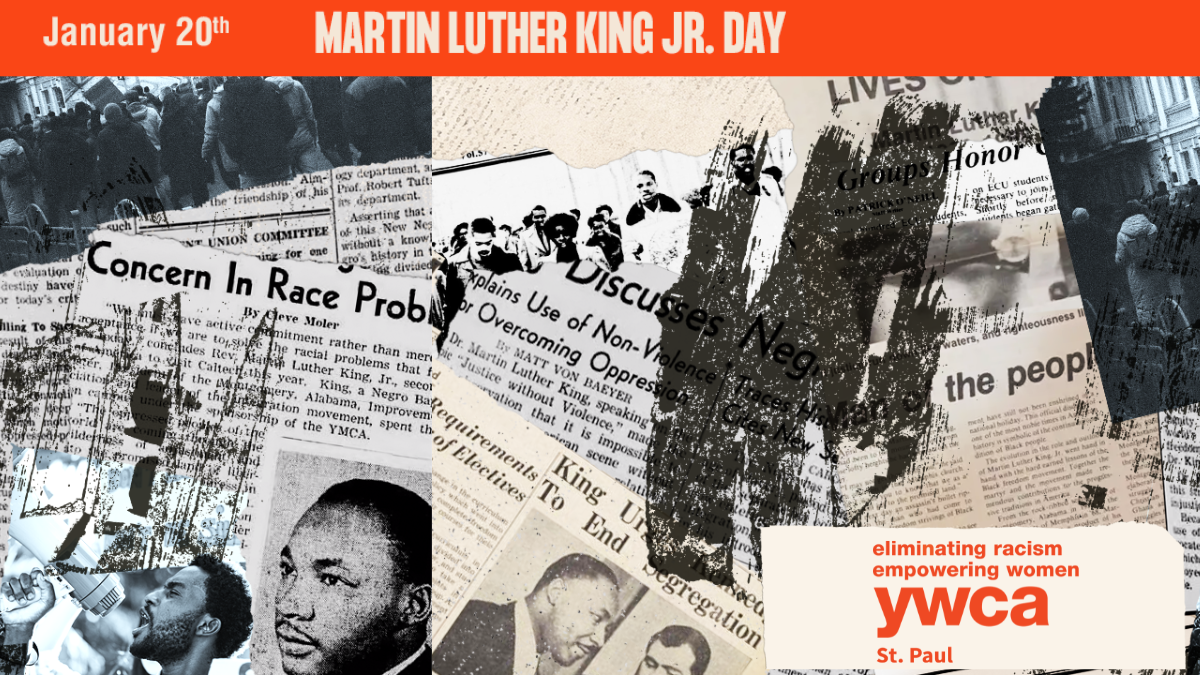 |
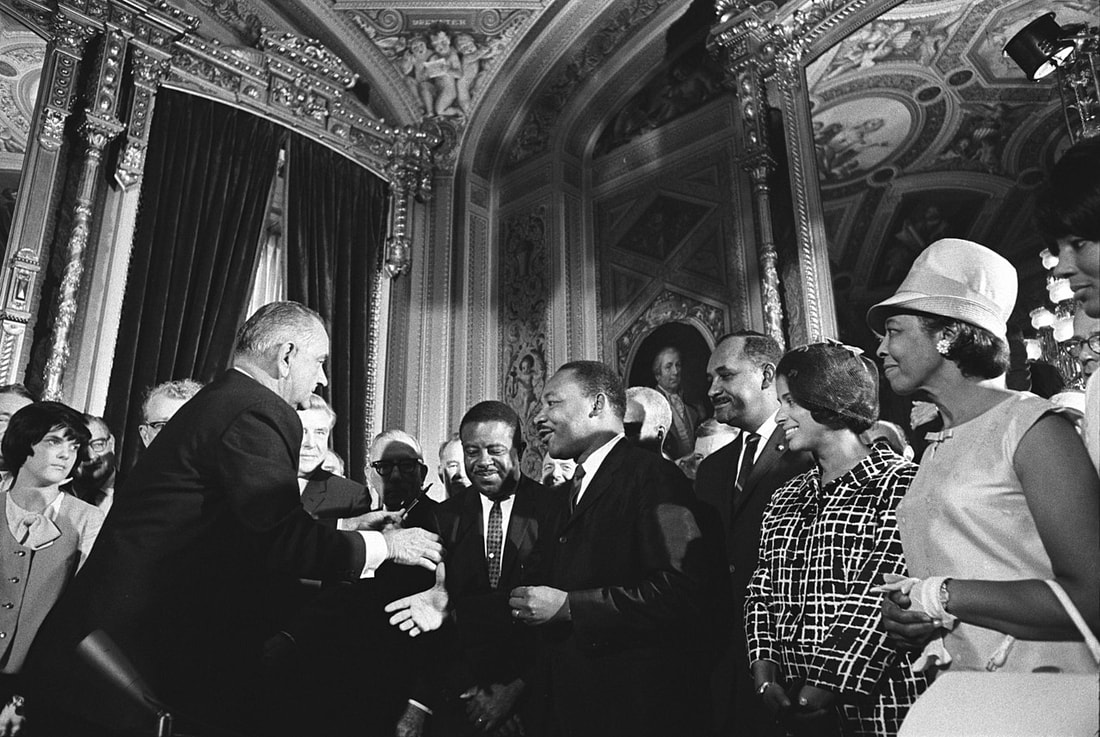 | 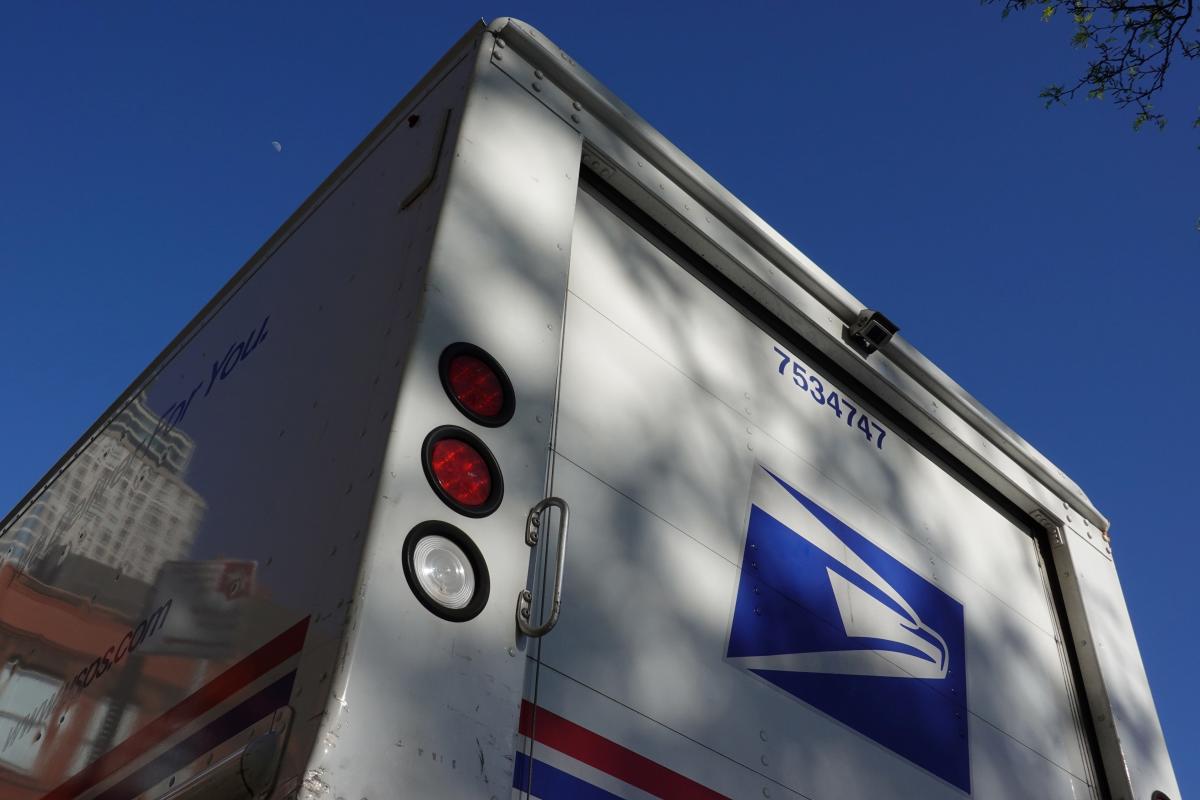 |
 | 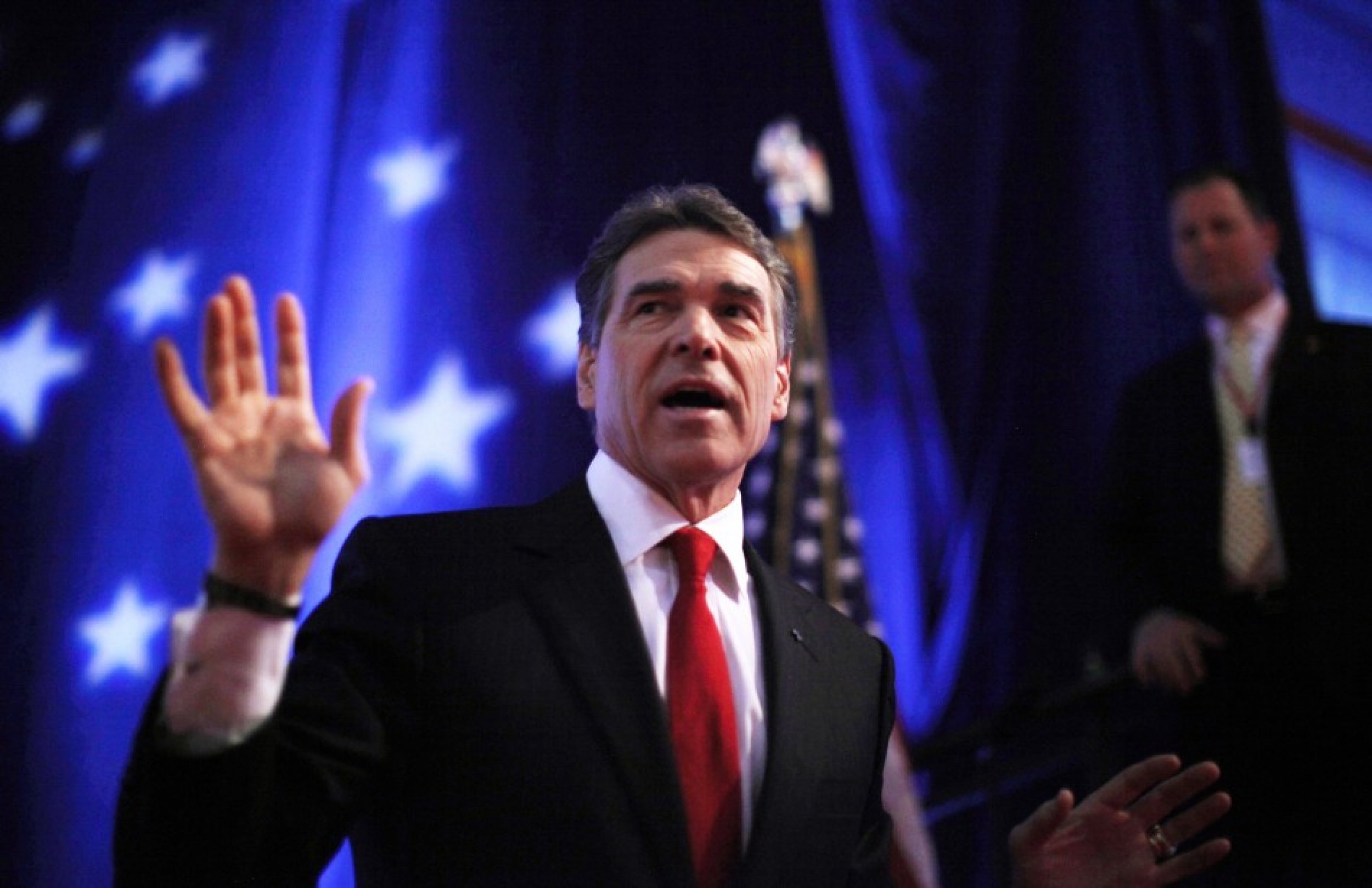 |
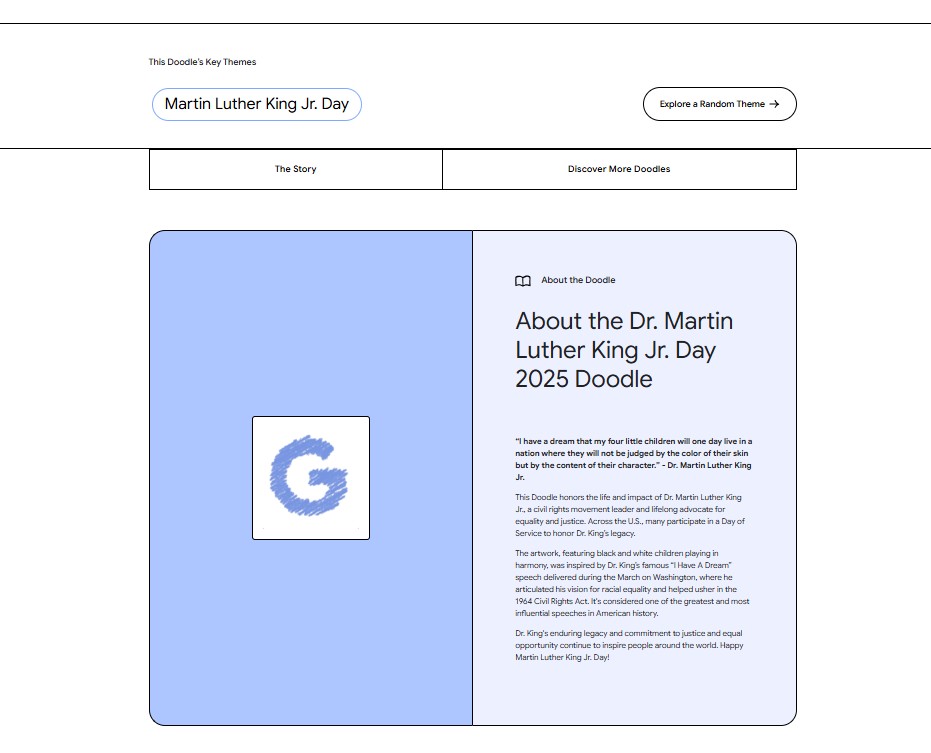 |  |
 |  |
The Voting Rights Act of 1965 abolished literacy tests and poll taxes designed to disenfranchise African American voters and gave the federal government the authority to take over voter registration in counties with a pattern of persistent discrimination. Martin Luther King Jr.’s family has a message for Democratic lawmakers who refuse to stop their Republican counterparts’ voter suppression efforts yet intend to shower pious praise on the In January 1965, Martin Luther King Jr., James Bevel, [34] [35] and other civil rights leaders organized several peaceful demonstrations in Selma, which were violently attacked by police and white counter-protesters. Throughout January and February, these protests received national media coverage and drew attention to the issue of voting rights. Just eight days after Martin Luther King, Jr. led a peaceful civil rights march in Selma, Alabama, President Lyndon B. Johnson announced his intention to pass a federal Voting Rights Act to ensure that no federal, state, or local government could in any way impede people from voting because of their race or ethnicity. Martin Luther King Jr. worked very hard and smartly to help pass the Voting Rights Act in 1965. He led important protests in Selma and gave powerful speeches that helped people understand how unfairly African Americans were being treated when they tried to vote. That is why the Voting Rights Act of 1965 continues to hold such an important role in securing and maintaining basic rights for our democracy. Martin Luther King Jr. Voting Rights Act Of 1965; On 17 March Johnson submitted voting rights legislation to Congress. The federally sanctioned march left Selma on 21 March. Protected by hundreds of federalized Alabama National Guardsmen and Federal Bureau of Investigation agents, the demonstrators covered between 7 to 17 miles per day. On August 6, 1965, President Lyndon Johnson came to the Capitol to sign the Voting Rights Act. Following a ceremony in the Rotunda, the president, congressional leaders, Martin Luther King, Jr., Rosa Parks, and others crowded into the President's Room near the Senate Chamber for the actual signing. From the Montgomery bus boycott to the passage of the Voting Rights Act, Dr. King was a spokesperson for the Black-led freedom movement that was determined to end Jim Crow segregation in In March 1965, Martin Luther King Jr. led marches in Selma, Alabama to dramatize the voting issue. Selma had a record of using violence to prevent African Americans from voting. Shortly after the marches, President Johnson sent a voting rights bill to Congress to remove race-based restrictions. In June 1965, the Voting Rights Act languished in the House Rules Committee after passage in the Senate. Martin Luther King Jr. wrote this letter to the New York Amsterdam News urging its passage The historic 54-mile march, and Martin Luther King Jr.’s participation in it, raised awareness of the difficulties faced by black voters, and the need for a national Voting Rights Act. Skip to King congratulated Kennedy on his speech, calling it “one of the most eloquent, profound and unequivocal pleas for justice and the freedom of all men ever made by any president” (King, 11 June 1963). The earlier Civil Rights Act of 1957, the first law addressing the legal rights of African Americans passed by Congress since Reconstruction Martin Luther King Jr. was a Baptist minister and civil rights and the Selma-to-Montgomery marches in Alabama that culminated in the 1965 Voting Rights Act. King’s efforts earned him the xiii, 346 pages : 24 cm Revision of the author's senior honors thesis, Wesleyan University, 1975 Includes bibliographical references and index Introduction : voting rights and protest -- Black voters and the federal voting rights enforcement effort in the South, 1940-1964 -- Selma and the Voting Rights Act : commencement and climax -- Selma and the Voting Rights Act : crisis and denouement Johnson was determined to create a strong Voting Rights Act. Johnson revealed his voting rights legislation to King several weeks before publicizing his goals in his 1965 State of the Union address. A remarkable phone call in January of 1965 shows how Johnson was strategizing passage of the Voting Rights Act. Johnson told King that he believed Speaking last, King exhorts the president and members of Congress to ensure voting rights for African Americans and indicts both political parties for betraying the cause of justice: “The Democrats have betrayed it by capitulating to the prejudices and undemocratic practices of the southern Dixiecrats. "The work of David J. Garrow is more than a day-by-day account of how the historic Voting Rights Act of 1965 came into being. It is also a skillful analysis of the dynamics of protest activity and more particularly of the ways in which successful protesters deliberately use the mass media to influence uninvolved audiences." -American Historical Review"A valuable book, because it is a In January 1965, Rev. Martin Luther King, Jr., the most prominent leader of the civil rights movement in the United States, launched a campaign of civil disobedience in Selma, Alabama, to bring national attention to disenfranchisement of black voters in the South. Selma March, political march led by Martin Luther King, Jr., from Selma, Alabama, to the state’s capital, Montgomery, that occurred March 21–25, 1965. The march became a landmark in the American civil rights movement and directly led to the passage of the Voting Rights Act of 1965.
Articles and news, personal stories, interviews with experts.
Photos from events, contest for the best costume, videos from master classes.
 |  |
 |  |
 |  |
 |  |
 |  |
 |  |